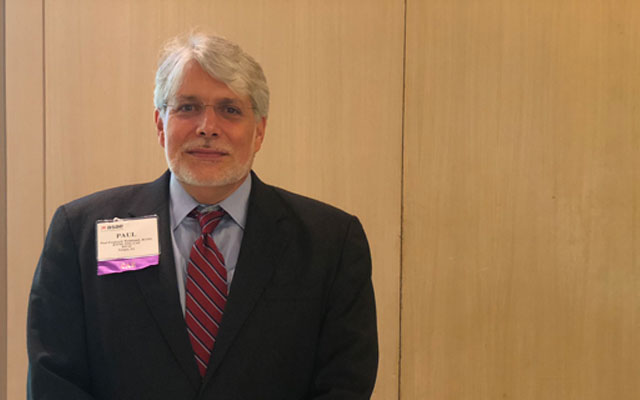Associations gunning for regional or global growth have been urged to adopt a tighter and more focused growth strategy, especially in a fragmented region like Asia, said experts at the ASAE’s Association Leadership Forum held in Singapore last week.
For instance, experts advised identifying target markets and taking on a localised strategy for each country.
Dom LaVigne, former director of government & public affairs – Asia Pacific/Middle East, Methanol Institute, noted that “one size does not fit all” in Asia-Pacific markets, which have “disparate” political, media and business practices; as well as political sensitivities and territories.
For example, in China, the city or municipal officials often hold more decision-making power than the larger government, and associations must consider which are the right parties and partners to approach.
The European Society for Radiotherapy & Oncology has binned its “one size fits all principle” and “standalone model” in its pursuit of global expansion, shared Sven Bossu, its director of innovation.
Instead, the association has turned to strengthening partnerships with key associations in Singapore, and turned up conversations with regulatory boards and healthcare professionals in this region.

Likewise, the Building Industry Consulting Service International (BICSI) has concentrated on growing certain markets, the latest being Dubai, and is approaching each market with a unique model that caters to local needs, shared Paul Weintraub, vice president of global development and support, BICSI.
BICSI has seen good progress with this approach. Since its 2015 inauguration, the BICSI Middle East & Africa (MEA) Conference & Exhibition has tripled in size and the BICSI MEA ACE Summit has recently concluded its second successful edition.
“We’re now looking at where the next market is going to be and what products are going to be successful there. We’re reaching out to markets independently because the same model will not work everywhere,” remarked Weintraub.
He advised fellow associations to know “what the target market is demanding from you” and to tailor their products and services accordingly.
A focused approach is also crucial in establishing partnerships. Nikki Walker, vice president, global association management & consulting, MCI Group, stressed the need to select the right partners to work with.
Rather than signing on a long-term partnership, she urged related associations to co-organise specific events and symposiums, and to be open to working with third-party businesses that can help fill the gaps that associations cannot due to limited resources.
“You don’t have to be a catch-all. It’s about being selective and strategic about pursuing a certain geographical area or segment in your industry,” said Walker.





















